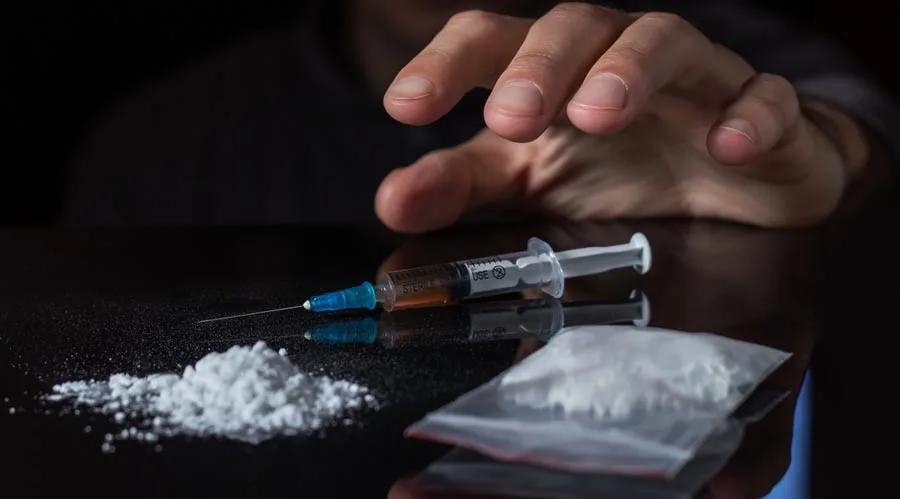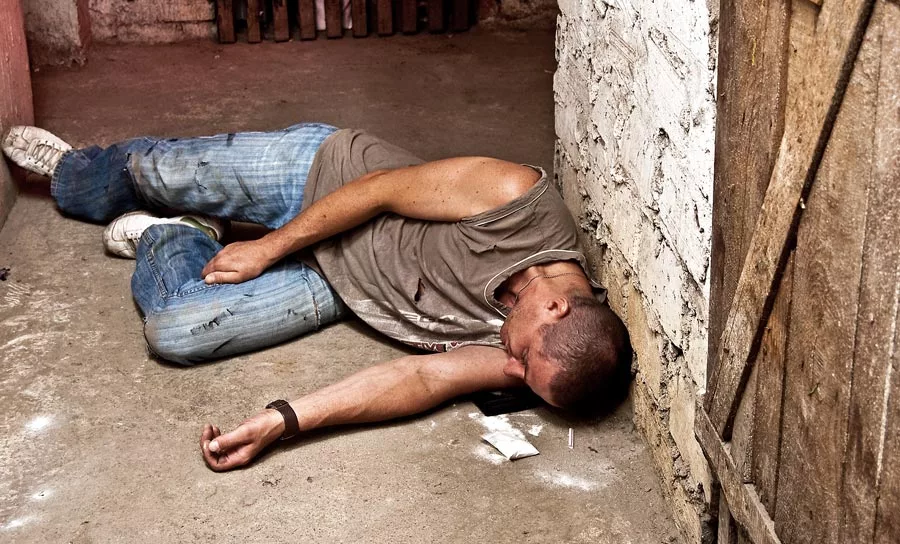Signs of Cocaines Use
Drug Abuse and Cocaine Addiction Signs
Cocaine addiction is a dangerous and pervasive issue that affects people of all ages and backgrounds. This highly addictive substance is widely available and can have disastrous consequences on an individual’s health and well-being, both physically and mentally. Fortunately, with the right help and support system in place, recovery is possible. If you think a loved one might be suffering from cocaine addiction, it is essential to be aware of the warning signs and help them seek treatment.
Keep reading to learn more about the signs of cocaines use and how South Shores Detox and Recovery can help you or your loved ones overcome cocaine abuse and get the help you need.
What is Cocaine?
Cocaine is an illicit and highly addictive stimulant drug that is available in two forms – white powder for snorting or dissolving in water for injection, and a solid form commonly known as crack cocaine, the leading form for people smoking cocaine.
Both can cause severe health problems such as heart attacks, strokes, respiratory failure, and seizures.

Drug Abuse Warning Network: Cocaine Abuse Statistics
DAWN, or the Drug Abuse Warning Network, gathers data to monitor trends in substance abuse and to inform the development of public health policies and programs. Its data also provides healthcare providers and public health officials with valuable insights, enabling them to take prompt action during substance abuse crises and to provide effective care and treatment to individuals affected by substance use disorder.
24 Hour Cocaine Abuse Rehab Hotline
Cocaine Abuse Statistics
Nearly 5 million individuals, comprising about 1.7% of people aged 12 or older, reported using cocaine in the previous 12 months (in 2021). This represents a considerable number of individuals who are susceptible to severe health complications and the development of cocaine addiction.
Cocaine abuse is notably prevalent among young individuals. According to estimates from 2022, approximately 1.5% of high school seniors reported using cocaine within the last 12 months, and a comparable percentage were found to have a cocaine use disorder.
Cocaine Overdose Deaths on the Rise
The dangers associated with cocaine use are also evident in the number of overdose deaths recorded. In 2020, there were 19,447 fatalities resulting from cocaine overdose, representing a considerable rise from previous years. These figures highlight the urgent need for ongoing efforts to tackle the issue of cocaine abuse and addiction.
These statistics show the disturbing reality of cocaine abuse and addiction in the United States. Despite ongoing efforts to address this problem, millions of people continue to use cocaine every year, and many of them develop a cocaine use disorder.

What are the Risk Factors for Cocaine Abuse and Addiction?
In addition to being aware of signs of cocaine use, it is essential to be aware of the various factors that could lead to cocaine abuse and addiction so that people can make more informed choices and stay away from a potential addiction. Here are three of the most common signs/symptoms and risks associated with abusing cocaine:
Genetics
Research indicates that genetics can have a major influence on whether someone is vulnerable to cocaine addiction. If there is a history of substance abuse or cocaine misuse in the family, the risk of developing an addiction increases. This is due to changes in brain chemistry that may be passed down from one generation to the next, making it more likely for addiction to manifest.
Mental Health Disorders
Individuals who struggle with mental illnesses such as depression, anxiety, or bipolar disorder are at a higher risk of developing a cocaine addiction. Substance use disorder is often used as a form of self-medication, but it only makes co-occurring disorders worse in the long run.
Trauma
Traumatic events, like physical or sexual abuse, can also lead to an increased risk of cocaine use and addiction. Substance abuse may be used as a way to escape the pain associated with such experiences.
It’s important to note that these factors may not guarantee that someone will suffer from cocaine addiction, but they do increase the chance of it happening.
24 Hour Addiction Rehab Hotline
Knowing the Signs and Symptoms of Cocaine Abuse
Cocaine is an addictive and dangerous illegal drug, leaving broken lives and relationships in its wake. It’s important for those who care about someone using cocaine to look out for various signs of abuse and symptoms of cocaine addiction.
Loved ones should be on the lookout for changes to physical health such as rapid weight loss and open sores. Additionally, there may be visible changes to a person’s appearance such as bloodshot eyes, dilated pupils, nasal congestion, or a runny nose caused by snorting cocaine. Cocaine’s acidic nature can also cause severely eroded teeth over time.
Psychological and behavioral symptoms of cocaine abuse include a sudden spike in energy levels, talking excitedly and rapidly, or having bouts of paranoia or restlessness.
Behaviorally speaking, cocaine users often display signs such as irritability, withdrawal from relationships, decreased interest in activities they once enjoyed, along with a marked inability to concentrate during mundane tasks and increased risky behavior.
People with cocaine addiction may experience co-occurring mental health disorders such as depression and anxiety, which can be difficult to treat without professional help. To give them the best chance of recovery, it is important to seek professional treatment that addresses both issues simultaneously.

Cocaine Addiction and Cocaine Overdose
Cocaine overdose occurs when the body is overwhelmed by too much of the drug. Symptoms/signs can include chest pain, heart palpitations, nausea and vomiting, seizures, difficulty breathing, or even sudden death in severe cases. It is important to recognize these signs of an overdose as soon as possible in order to get help and reduce the potential health risks associated with cocaine use.
If someone is suspected of overdosing on cocaine, it is critical to contact emergency services immediately. In addition, seeking professional drug addiction treatment is highly recommended in order to address any issues related to substance misuse and help the person involved recover and stay sober.
More Signs of Cocaines Use: Cocaine Withdrawal Symptoms
If you abuse cocaine and are struggling with cocaine addiction, you know all too well the intense craving and compulsion to use the drug that can follow when you’ve gone without it for a while. This feeling is even more difficult to manage when accompanied by withdrawal symptoms, which can come on soon after stopping or even reducing your drug intake.
Common symptoms of cocaine withdrawal include the following:
- Changes in blood pressure and heart rate
- Fatigue
- Headaches
- Heightened anxiety
- Sleeplessness
- Intense cravings for the drug
Prolonged use of cocaine can lead to significant physiological changes in the body, making it difficult for users to manage the symptoms of withdrawal. Unfortunately, this often leads people to fall back into using cocaine as a form of relief, trapping them in an endless cycle of addiction that might appear impossible to overcome.
Immediate Help For Cocaine Addiction
Get Help with All Forms of Cocaine Drug Use Now
We understand the struggles that come with recovery, so we are here to offer our support on every step of your journey. The programs at South Shores Detox and Recovery programs are tailored to each person’s individual needs and include evidence-based practices like cognitive behavioral therapy, family counseling, and group therapy. With us by your side, you can reclaim your freedom from drug addiction and lead a life of sobriety.
We are dedicated to providing holistic strategies to address substance abuse issues. By recognizing and treating the root causes of addiction, our goal is to help people find lasting recovery. If you’re ready to reclaim your life from addiction, call us now and let us guide you on the road to healing.
All calls are completely confidential, so please reach out in confidence if you or a loved one are struggling and get options for recovery now!
